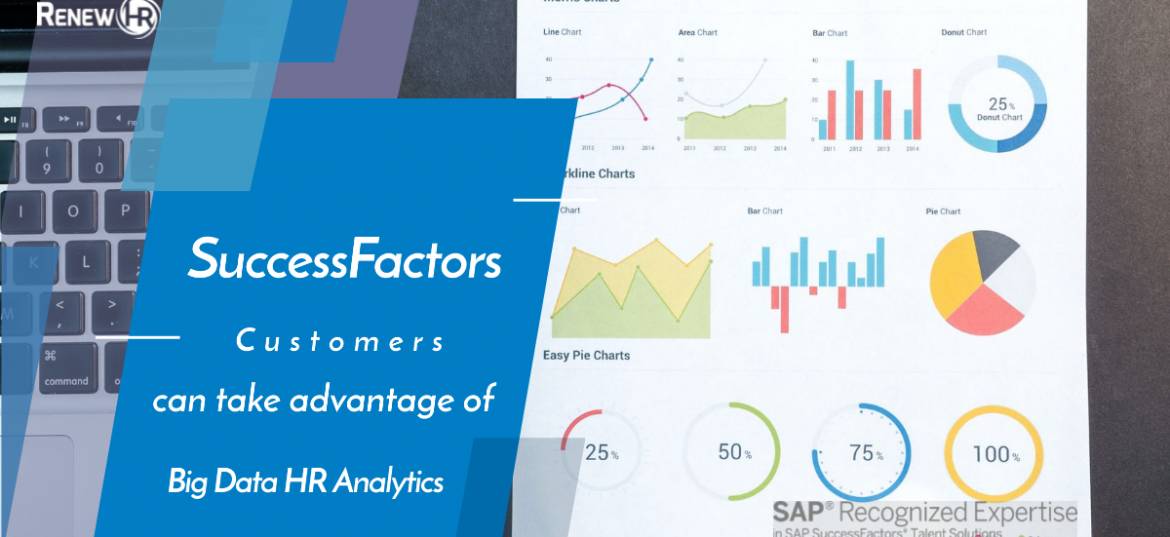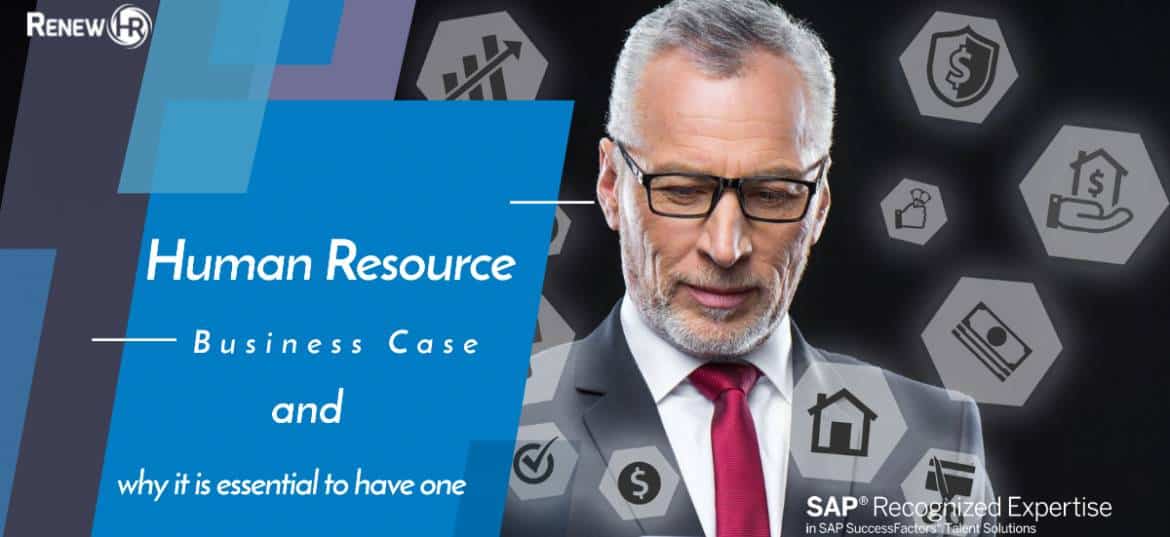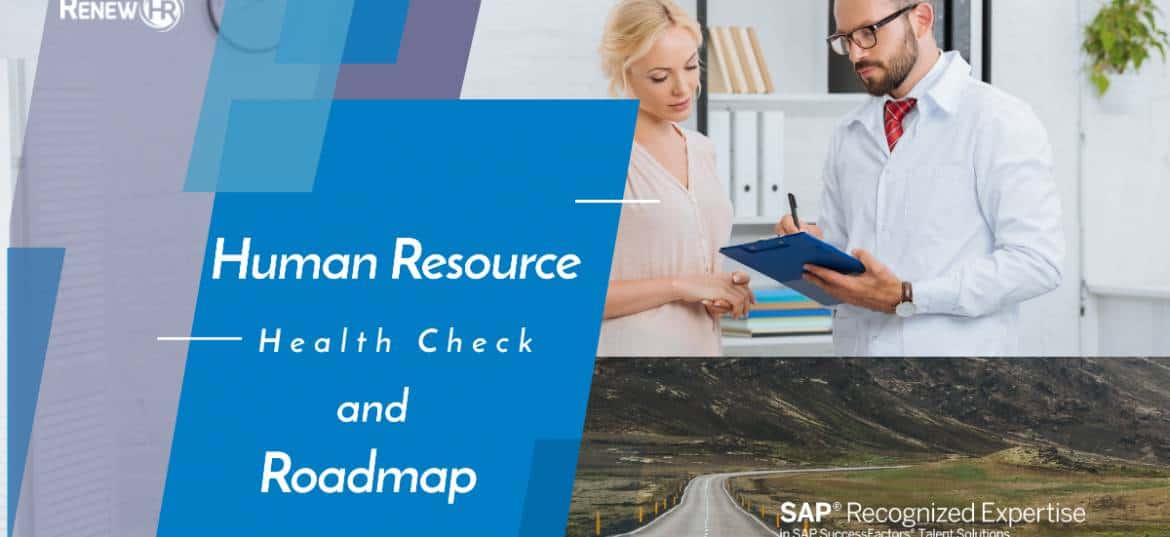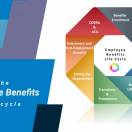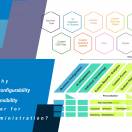Gartner defines SMBs by the number of employees and the amount of annual revenue they have. The attribute used most often is the organization’s employees. Small businesses are usually defined as organizations with fewer than 100 employees, while midsize enterprises are those having 100 to 999 employees. The second most popular attribute used to define the SMB market is annual revenue. Small business is usually defined as organizations with less than $50 million in annual revenue; a midsize enterprise is defined as organizations that make more than $50 million but less than $1 billion in annual revenue.
In a previous blog, we explored the requirement for an ‘HR Health Check’ or ‘HR Audit’ and the best way to assist organizations in constructing a future ‘HR Roadmap.’ It is important to understand what is a business case? and how an HR Business Case helps to address the vital challenges faced by CHROs to obtain funding to support the previously created ‘HR Roadmap.’
In a previous blog, we explored the requirement for an ‘HR Health Check’ or ‘HR Audit’ and the best way to assist organizations in constructing a future ‘HR Roadmap.’ It is important to understand what is a business case? and how an HR Business Case helps to address the vital challenges faced by CHROs to obtain funding to support the previously created ‘HR Roadmap.’
HR Health Check or HR Audit may be best described as a holistic overview of a client’s existing HR processes. It includes systems, organizational roles and responsibilities, service delivery, and UX.
HR Health checks or HR Audits can be run using several different methodologies, including but not limited to, diagnostic questionnaires, interviews, surveys, and workshops together with business and IT stakeholders.



